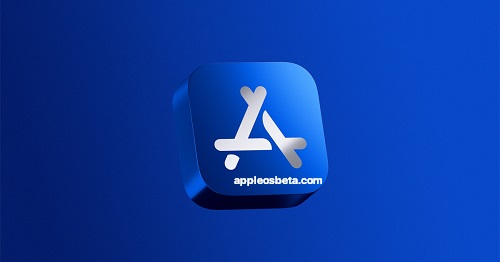Will alternative app stores on the iPhone be good for consumers? According to the latest news, Apple is ready to comply with future European standards and to open iOS to alternative app stores. What will happen in practice for the company and users?
Apple Watch, how to add heart rate in watch faces?
Antitrust laws apply not only to outright monopolies, but also to those companies large enough to have a dominant position in a particular market.
On this, there is no doubt that Apple has a dominant position in the smartphone market and currently completely controls the market for iPhone apps, as you can only buy them through the App Store. For that reason, the European Union plans to introduce legislation aimed at forcing Apple to open up to alternative app stores starting in 2024.
Apple has always strongly opposed this choice, suggesting that the App Store ensures that apps are safe. However, the counterarguments of lawmakers and critics of Apple are based on the fact that there have always been scam apps found in the App Store and that Mac users have always been able to sideload apps without the machines turning into a paradise for malware.

Regardless of the comments, Apple is actively preparing to allow alternative app stores, as well as easing other restrictions that are under antitrust investigations. Among other things, as regards the economic impact, analysts say that Apple will lose only 1% of its annual turnover with the activation of alternative stores in 2024.
Alternative App Stores on the iPhone would be a win for developers, as they would finally create competition in the app market and eliminate Apple’s fees (minus any fees levied by the third-party store manager). Basically, this means that developers will be able to keep more profit from each sale or keep the same profit by offering the app at a lower price.
Also, if sideloading were allowed, developers would be able to give users the ability to install apps directly from their own websites, just as is possible with Mac apps. This would mean that they won’t have to offer any fees, although of course they will pay your own hosting fees and other expenses related to maintaining and distributing the app.
Third-party app stores would also benefit consumers. First, there’s the possibility of lower app prices. Also, with developers possibly making more money, some of the investment is likely to go towards even bigger app improvements and more frequent updates.
Furthermore, alternative app stores would create more competition, prompting Apple to improve its own store even more. For example, today the search function in the App Store is hardly the best and an alternative store could offer a decent search. If Apple sees a significant number of users abandoning its store for the various alternatives, it will want to win them back. And the way to do that is to make the official app store the best ever. Now it is simply because it is the only one.
The biggest advantage will therefore be increased competition. Also, apps that are now disallowed by Apple, such as customization tweaks and the like, may arrive on the altering app stores.
However, we must bear in mind that, as Apple says, there will be more risks for users, because it will be possible to install apps from practically any source, a bit like today on Android. The company will be able to integrate macOS-style functions to warn users of potentially dangerous apps, but safety still remains in question.
What do you think?

